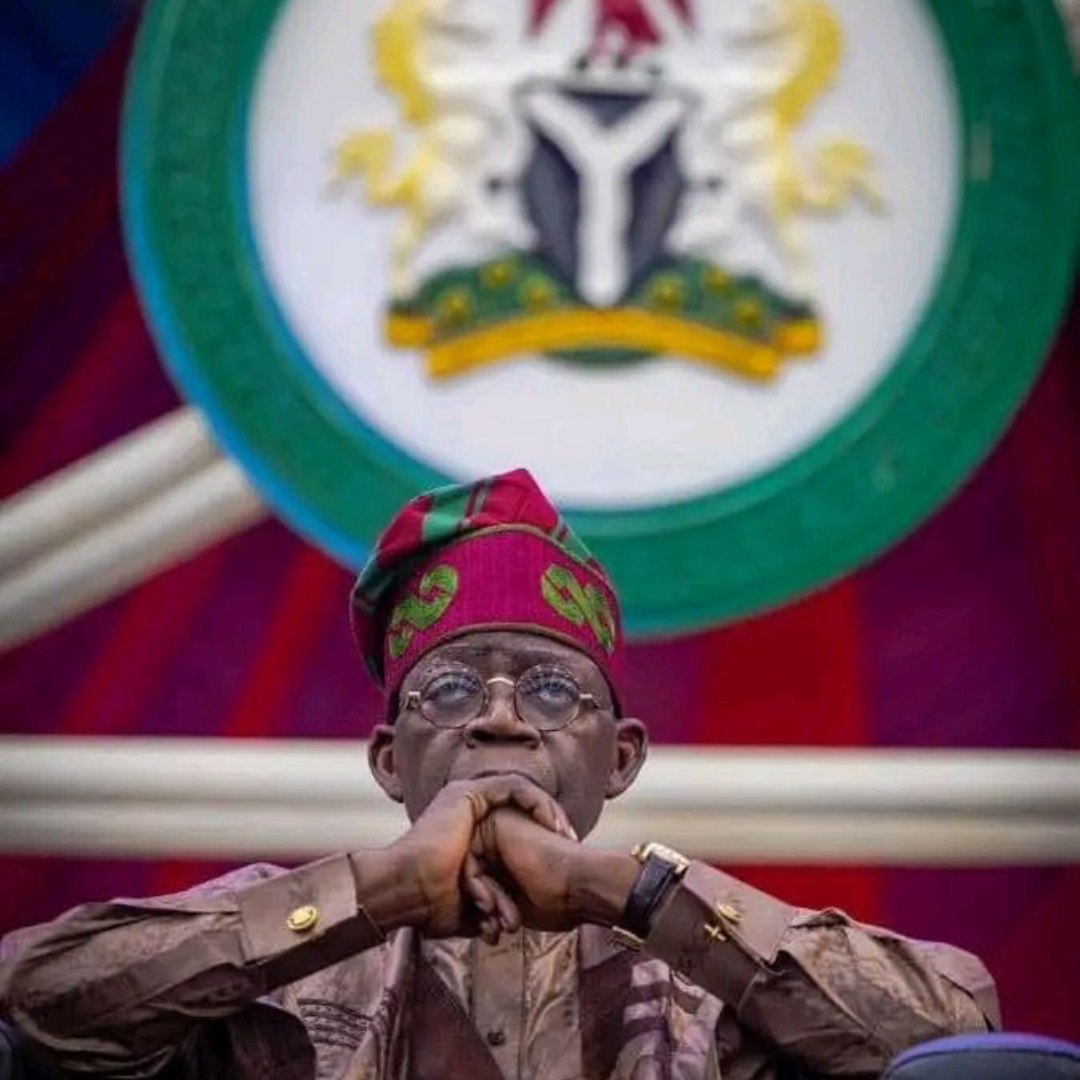As the diplomatic stage unfolds, recent developments in Nigeria and the broader West African region have ignited questions surrounding the intentions behind U.S. actions and their repercussions. The meeting between Nigerian President Bola Tinubu and U.S. President Joe Biden, scheduled for the sidelines of the upcoming United Nations General Assembly, has sparked intrigue. The focus of their discussion, the situation in Niger following a military coup, raises eyebrows about the complexities of regional stability and democracy promotion.
A significant backdrop to this scenario is the U.S. announcement of visa bans on individuals who disrupted Nigeria’s recent general elections. While the names of those targeted were withheld, speculation abounds. Is Tinubu, who emerged victorious in the elections but now faces opposition’s legal challenges, among the sanctioned individuals? Does his acceptance of the U.S. President’s invitation indicate that he is not on the list of those involved in election malpractices, similar to his clearance by ECOWAS to chair the regional bloc?
The coup in Niger adds another layer to this puzzle. The detainment of President Mohamed Bazoum and the rise of Gen. Abdourahmane Tchiani has triggered concerns about regional stability and potential jihadist escalation. The coup echoes a trend of anti-democratic actions across West Africa. Diplomatic efforts to resolve the crisis, including calls from U.S. Secretary of State Antony Blinken, have yet to yield results, As ECOWAS prepares to intervene with military
The situation in Niger brings the role of U.S. counterterrorism cooperation and basing in West Africa into focus. With over 1,000 American troops stationed in Niger, it’s crucial to assess the potential impacts of this coup on U.S. counterterrorism operations. The presence of Russia’s Wagner Group in neighboring countries further complicates the region’s dynamics, adding another layer of uncertainty.
Amidst this complex landscape, the meeting between Tinubu and Biden assumes significant importance. As they discuss the Niger crisis, collaborative U.S. policies to bolster African democracies will be under scrutiny. How will this meeting impact the regional trajectory and U.S. engagement in the Sahel? As observers, we must delve into these questions to better understand the motives, implications, and potential outcomes of these recent events. Only by unraveling the interconnected threads can we piece together a clearer picture of the road ahead.
